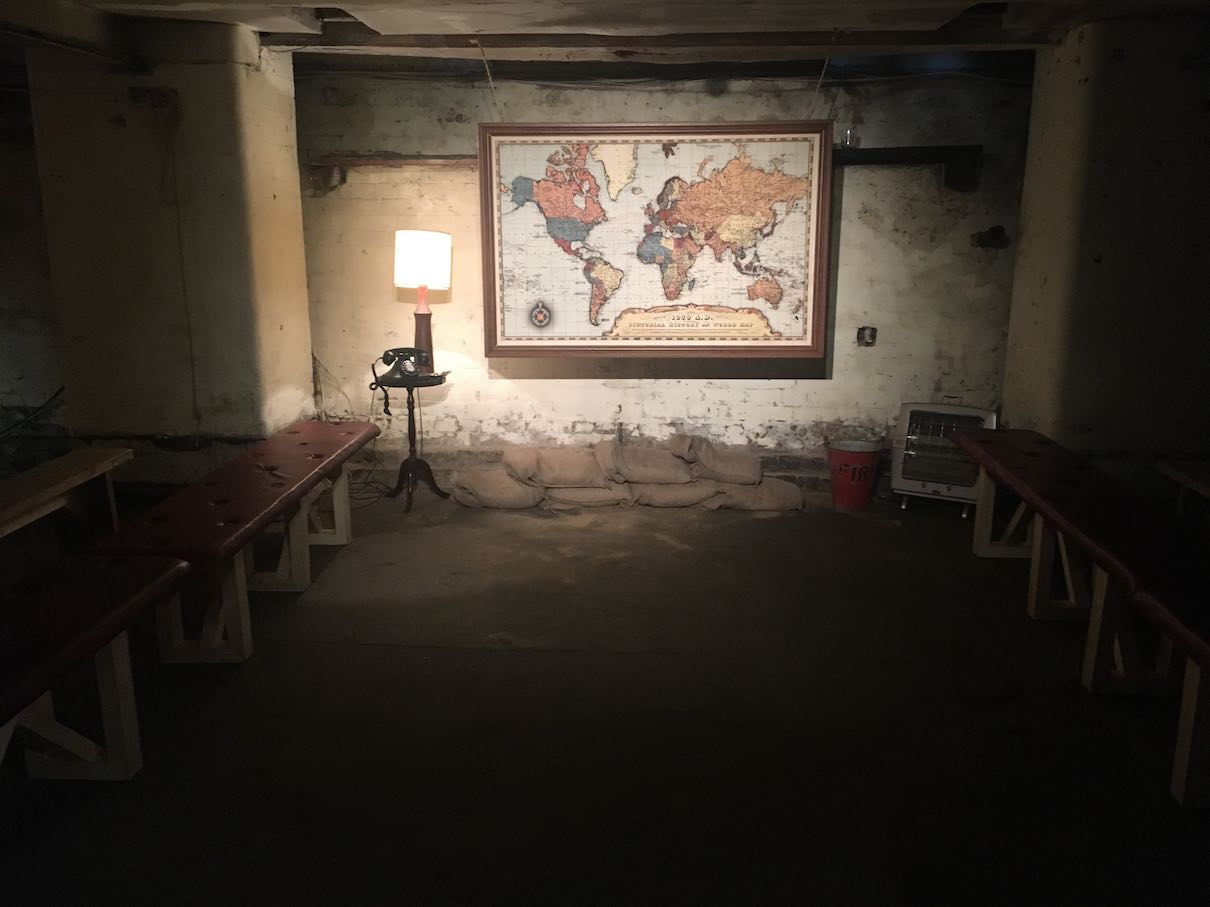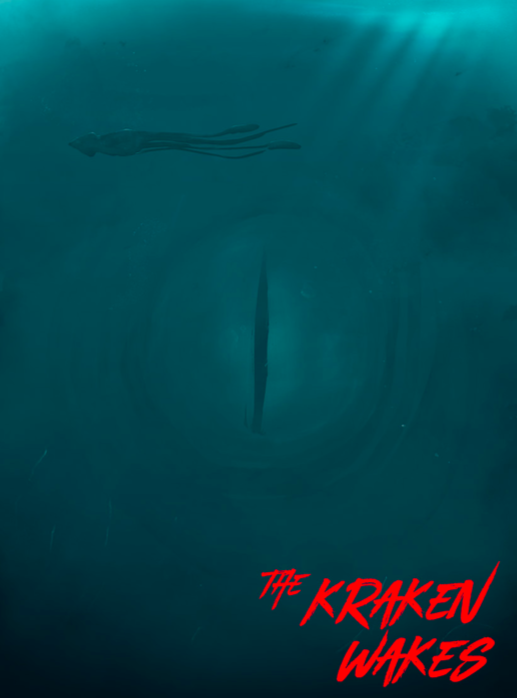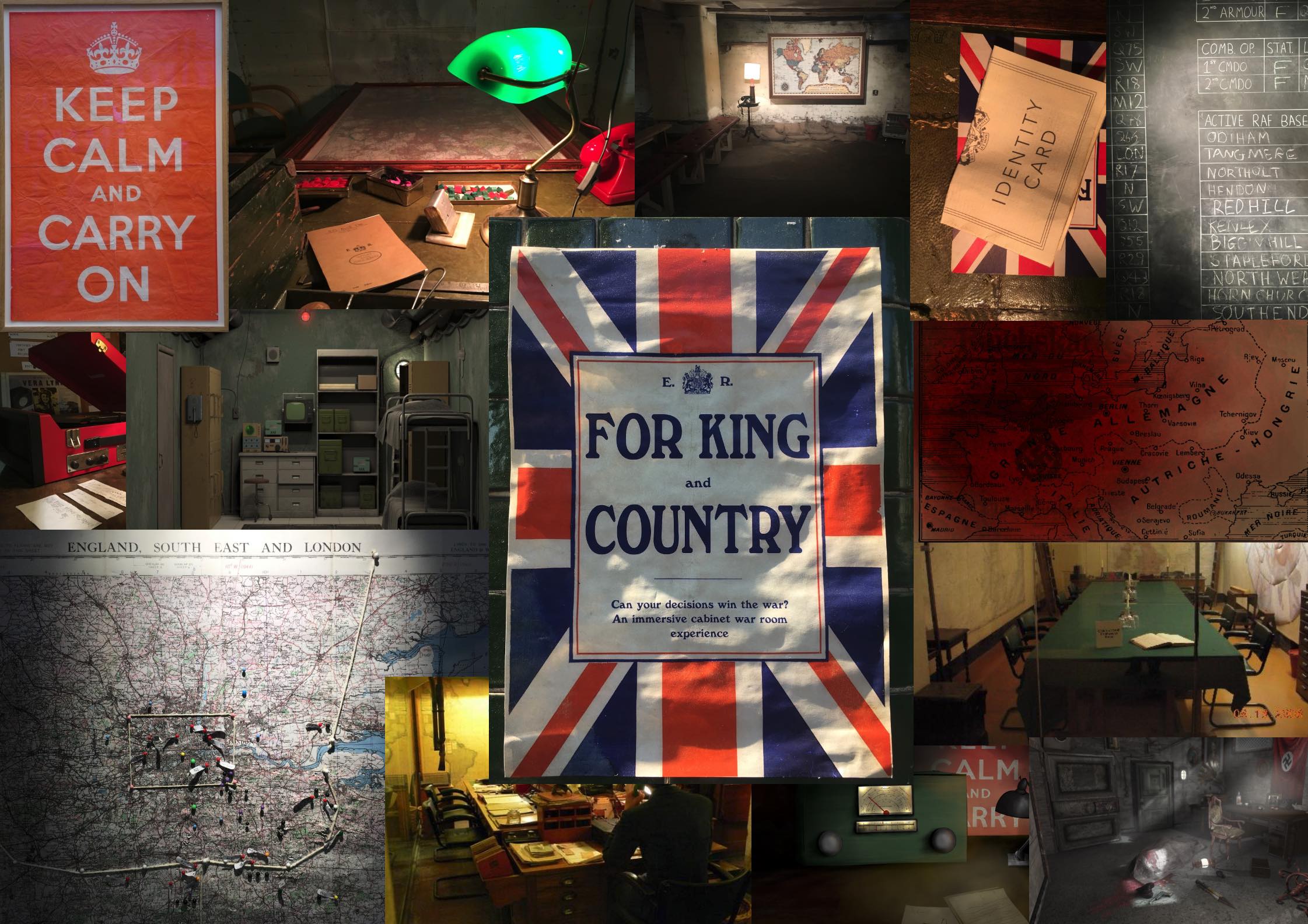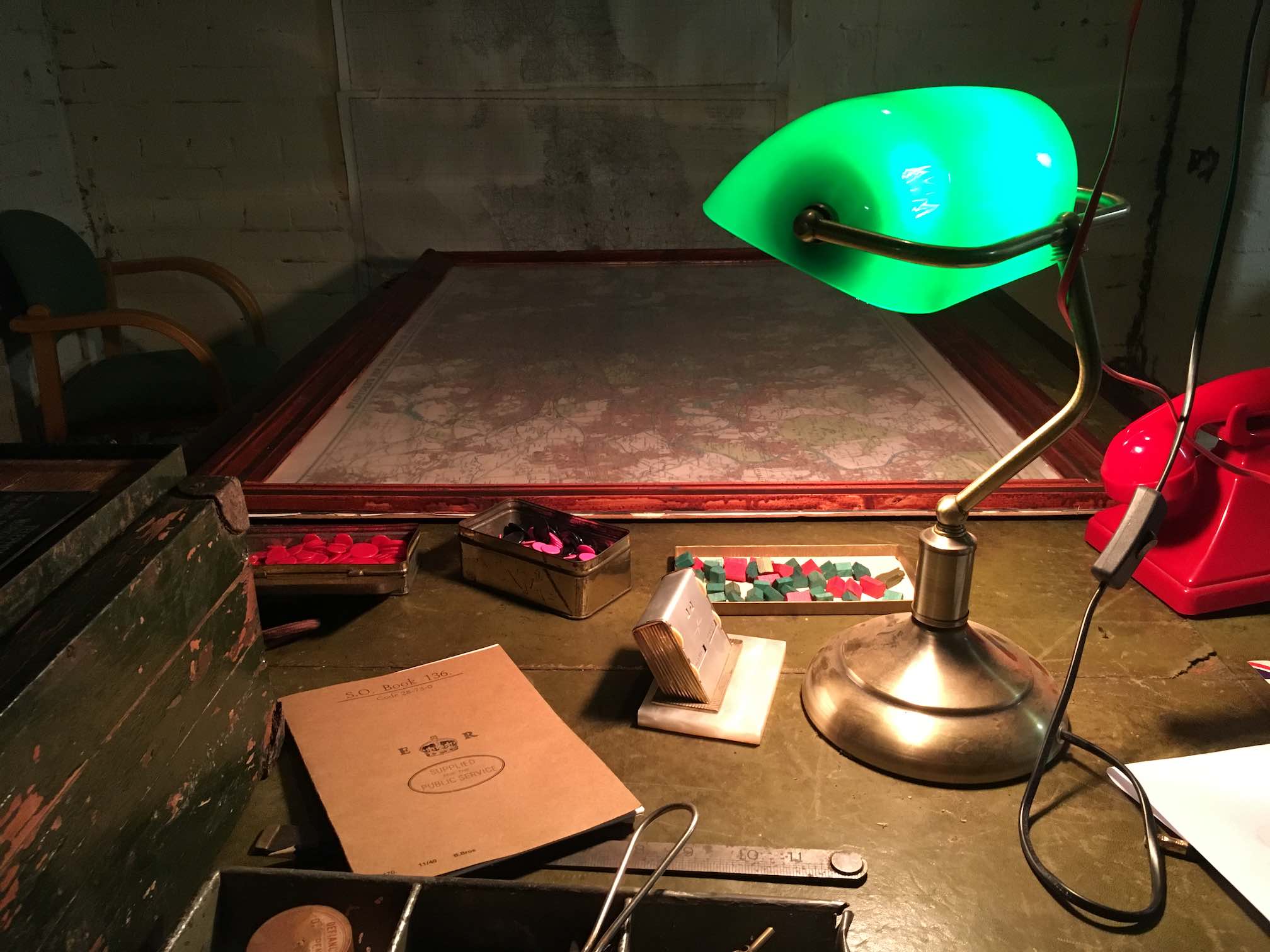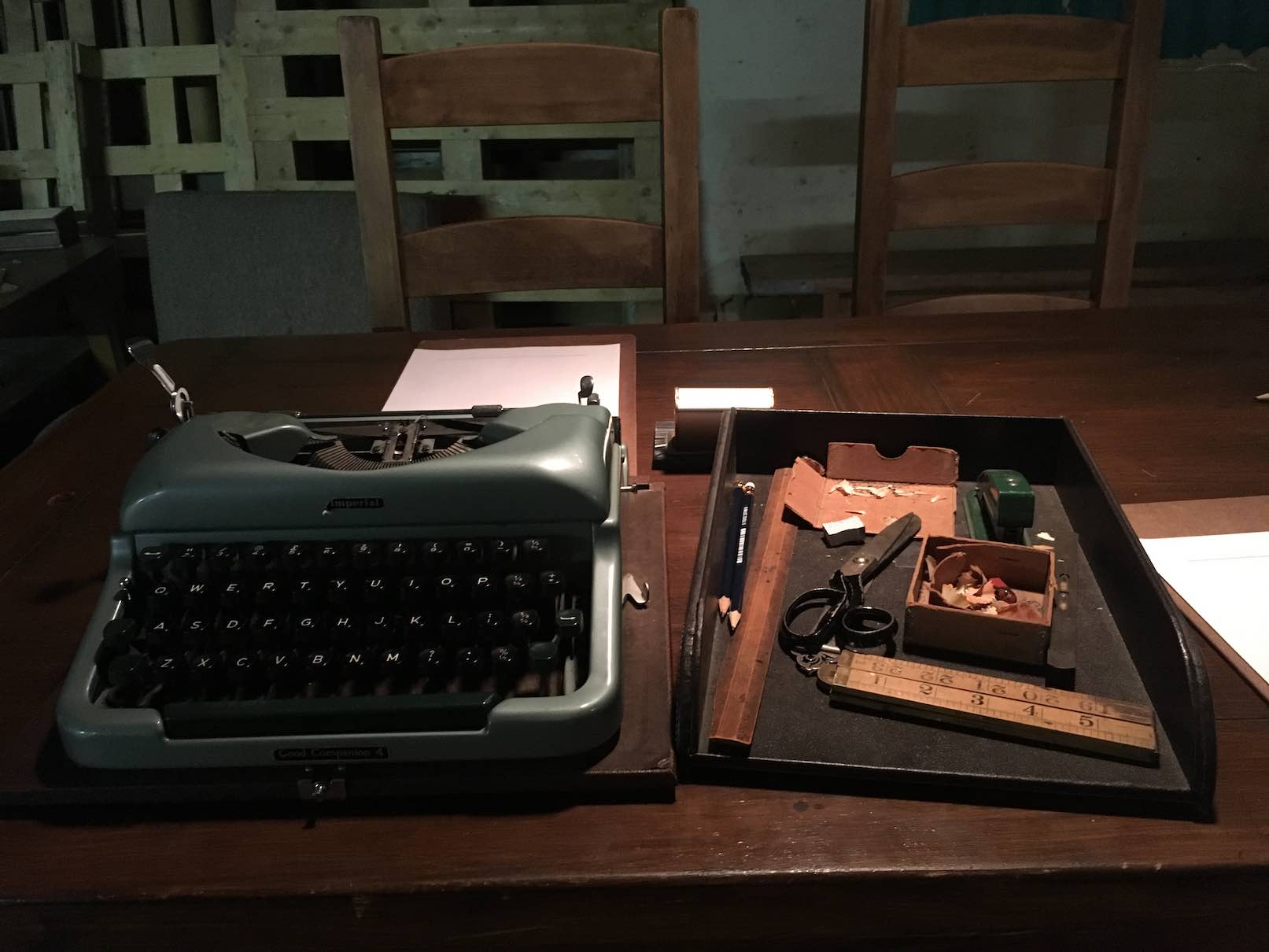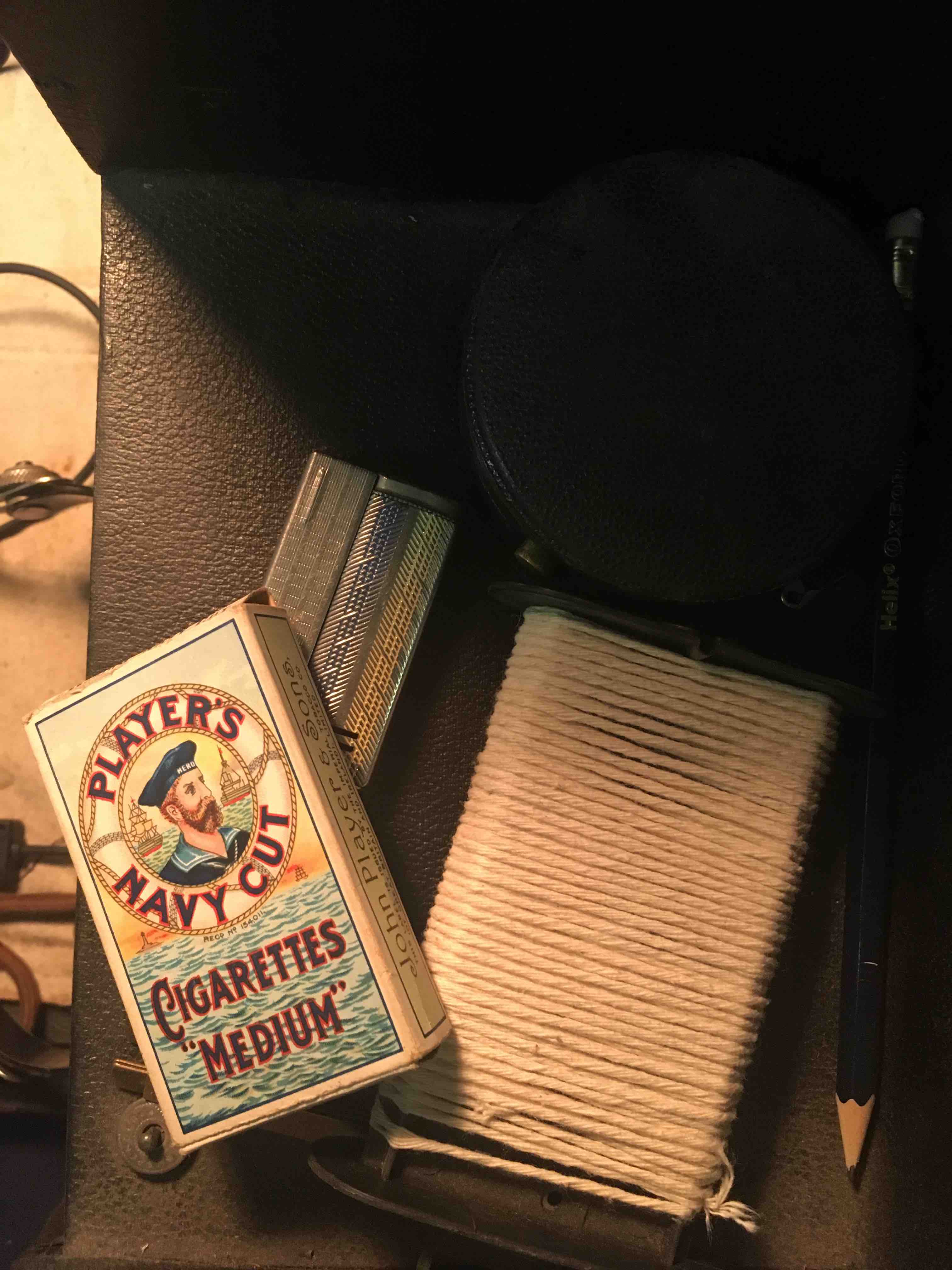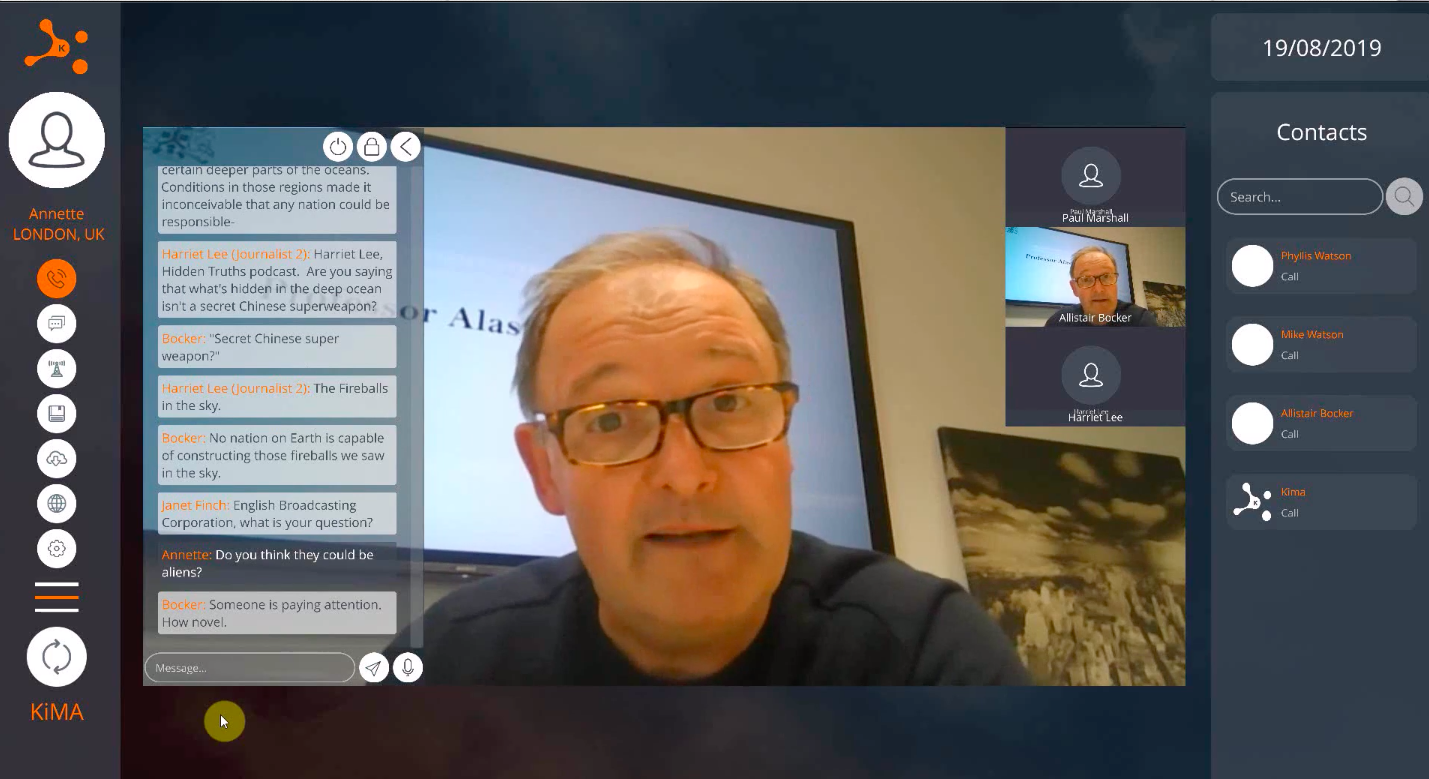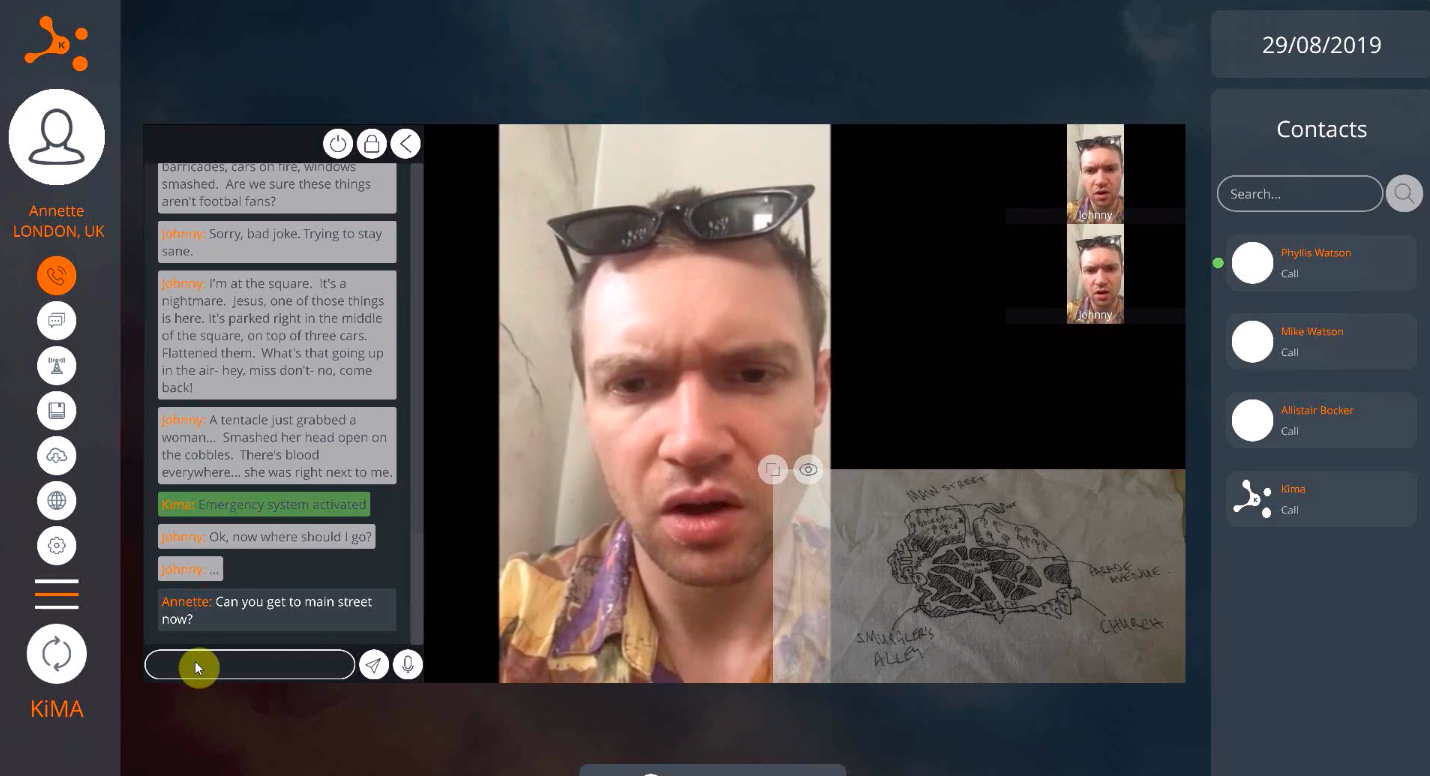Overview of the project
This project was an exciting fusion of creative writing and artificial intelligence to help writers create
new forms of dynamic, interactive stories. It specifically aimed to understand what the impact of
artificially-intelligent memory is on storytelling and narrative structure, and how to transfer the
resulting research into industry.
The project was a collaboration between To Play For, a pioneer in interactive storytelling, and a cross-
disciplinary team at King's College London covering digital humanities, culture and software
engineering. Together these two teams performed the research and development required to
interrogate the complexity of memory as a concept in interactive storytelling and the impact that
this can have on the story experience. The partnership will leverage To Play For's interactive
storytelling technology, Charisma.AI, as a research tool and commercialisation platform.
This major new innovation will open up opportunities for creative industries across all media who are
interested in harnessing the power of machine learning and artificial intelligence for their craft in
writing stories. It will act as both a tutorial and an accelerator for new creative processes, opening
up new publishing opportunities, jobs and revenue streams, keeping the UK at the forefront of
established and newly emerging creative industries.
